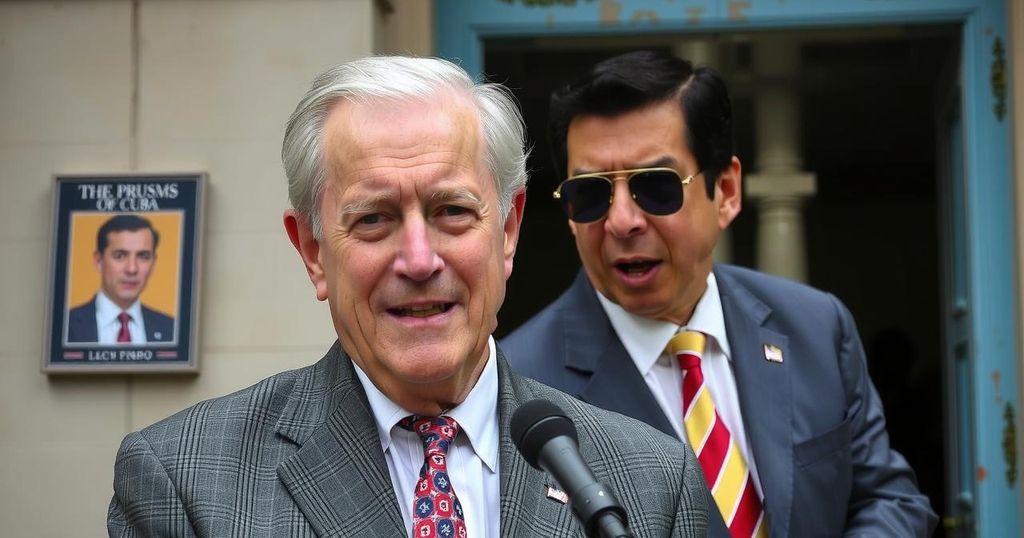Antony Blinken, U.S. Secretary of State, stated that no changes in U.S. policy towards Cuba are expected before President Biden’s term ends in 2025. This includes maintaining Cuba’s designation as a state sponsor of terrorism, which has significant economic implications. The U.S. has imposed strict sanctions on Cuba for over sixty years, with policy shifts occurring under different presidential administrations.
United States Secretary of State Antony Blinken has asserted that he does not foresee any modifications to U.S. policy concerning Cuba prior to President Joe Biden’s departure from office on January 20, 2025. During a recent press conference, Blinken was queried about the potential for Cuba’s removal from the U.S. list of state sponsors of terrorism. The designation imposes a series of economic sanctions on Cuba, compounding the stringent economic blockade enacted by U.S. administrations for over six decades. Historically, Cuba has oscillated between being on this list, being first labeled a state sponsor of terrorism in 1982, and subsequently removed in 2015 under President Obama, only to be reinstated by President Trump in January 2021—a status that has since been upheld by President Biden.
The relationship between the United States and Cuba has been marked by tension and policy shifts, especially regarding Cuba’s designation as a state sponsor of terrorism. This label not only entails diplomatic repercussions but also results in significant economic sanctions that exacerbate the hardships faced by the Cuban populace. The U.S.-Cuba dynamic has been influenced by various administrations, showcasing a pattern of both engagement and estrangement, thus reflecting broader geopolitical considerations.
In summary, Secretary Blinken’s remarks indicate that there will be no immediate changes to the U.S. approach towards Cuba, particularly regarding its status as a state sponsor of terrorism. The persistence of economic sanctions and the ongoing blockade underscore the complexities of U.S.-Cuba relations, which have been shaped by historical precedents and political decisions spanning several administrations.
Original Source: www.jamaicaobserver.com






